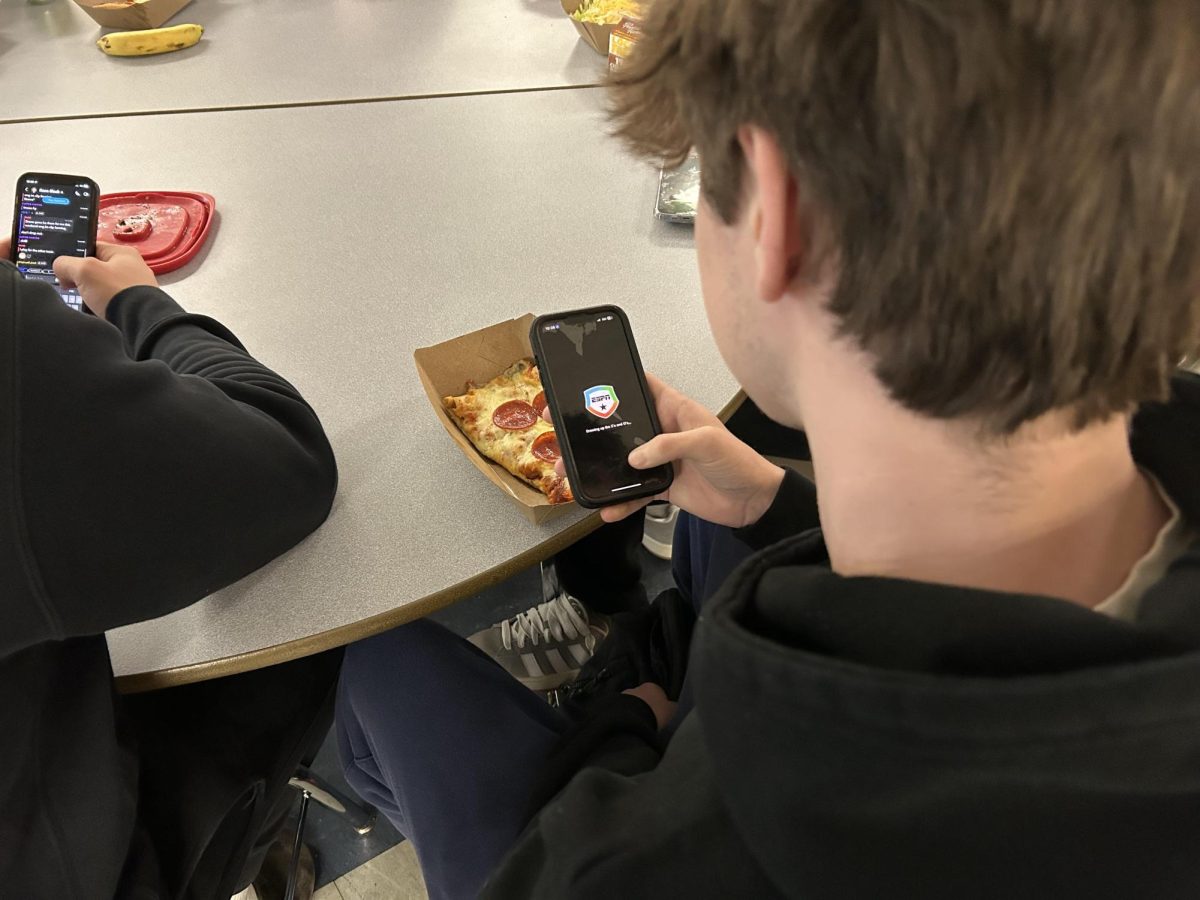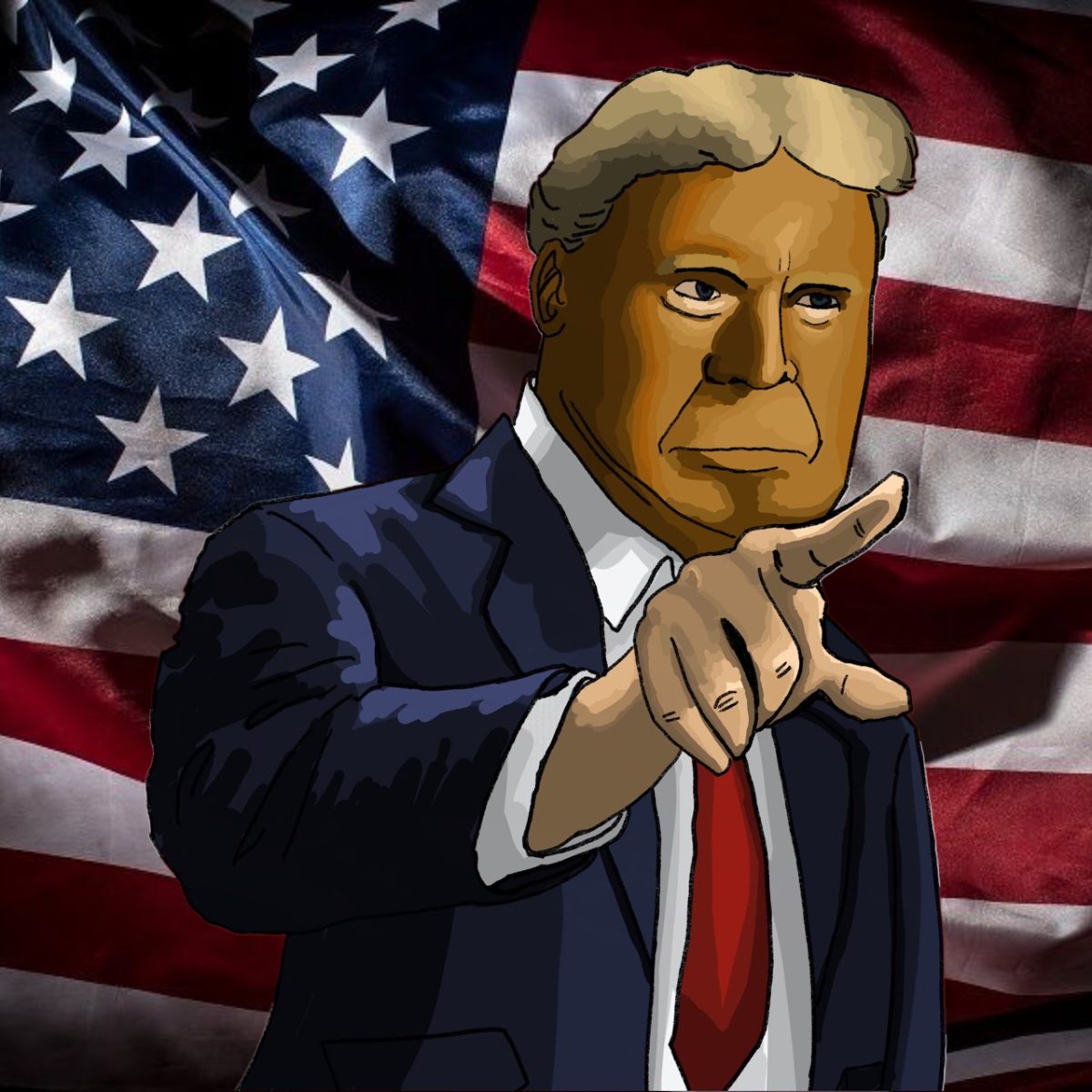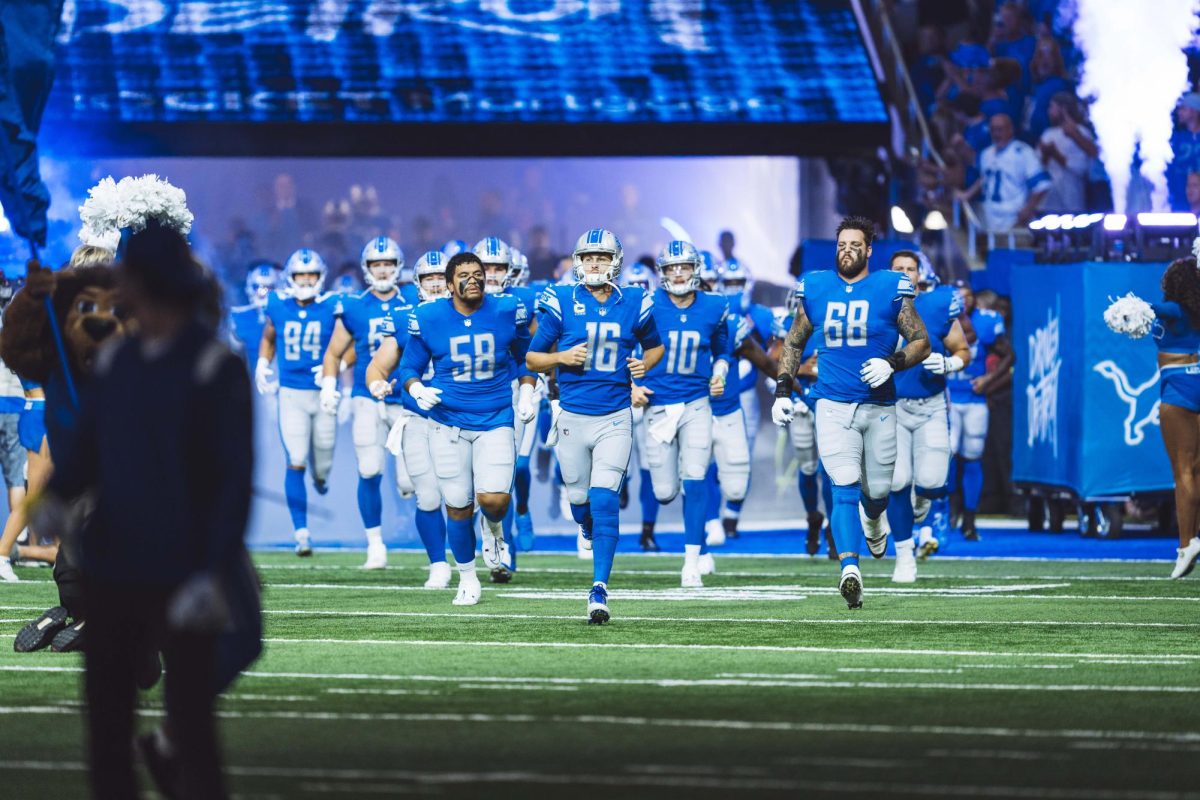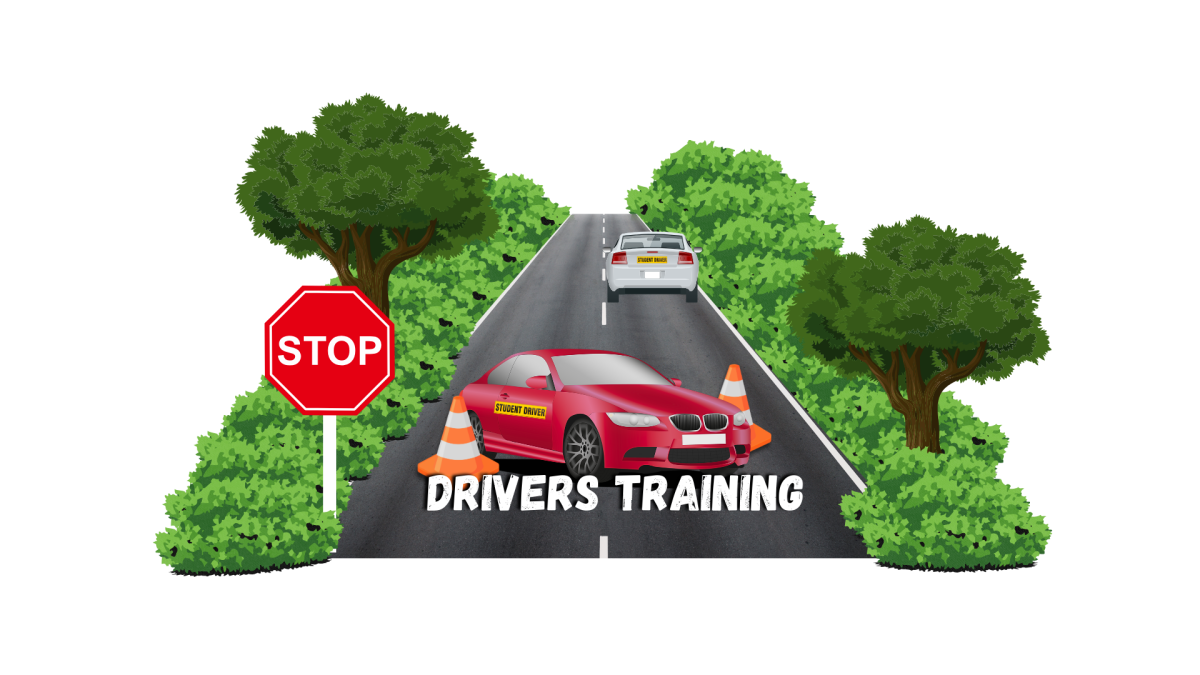
Nike, Walmart, Nestlé, Apple; these companies have very little in common, if you don’t look deeper than a passing glance. Nike is an apparel company, Walmart is the definition of a big-box store, Nestlé is the largest food company in the world, and Apple is one of the biggest tech companies on the planet.
However, if you look past these bright façades, there is a dark secret swimming below the surface. Each of these companies has had an impact on child labor, a negative one, and they aren’t the only ones. Child labor is deeply entrenched in consumer culture. Most child labor infractions occur in the supply chain. Nestlé, for example, recently had a lawsuit filed against them in 2016 by a group in Mali who accused them of using forced labor where workers suffer from physical abuse and receive little pay.
A report from Global Citizen titled “The Child Labor Lawsuit Against Nestlé: What you Need to Know,” states that, “Nestlé has claimed that it had no idea child labor and such flagrant abuse of workers was taking place. But the lawsuit alleges that the company did in fact know and even paid farmers to do whatever needed to be done to reduce costs,” reporter Joe McCarthy wrote.
Child labor has many causes: poverty, lack of enforcement of labor laws, and little access to free, compulsory education.
Defined as “work that is mentally, physically, socially, or morally dangerous and harmful to children or interferes with their education, child labor is work. It deprives children of their childhood, their potential, and their dignity,” according to an Institute for Humane Education post by Marsha Rakestraw, titled “10 Tips to Help End Child Labor.”
Throughout the world there are over 152.1 million child laborers. These children grow up working long shifts of more than 12 hours a day on average in perilous or tedious jobs. Popular clothing chains like Nike and Adidas are repeat offenders when it comes to the use of child labor.
Clothing isn’t the end of the thread either, everything from tech startups to the diamond industry are tainted with the sorry stain of child exploitation soiling the credibility of these companies. Companies like Nestlé, Nike, H&M and Victoria’s Secret have all gone through multiple scandals rooted in their outsourced work.
Nike, an American company, outsources their factory work to China, Indonesia, and Taiwan. Labor in these countries is less expensive than if companies restricted their labor to their home country. In fact, many experts say that outsourcing for labor is necessary. Despite this stance, outsourcing is a highly debated and controversial business practice that is hit hard by politicians who say that it generates fewer jobs.
“Today’s economies rely on global marketing–not only for the U.S., but for foreign countries as well,” financial analyst Madison Correnti writes in “Outsourcing Overseas and its Effect on the US Economy” from the National Customs Brokers and Forwarders Association of America, Inc.
Outsourcing in multinational companies generates employment opportunities in the countries who receive the business, but not in the correct way. Employment from these multinational companies often means low wages, long hours, and unsafe working conditions. In these countries, work is forced upon any of the 152.1 million child laborers.
According to a 2005 NBC News article titled “Nike reveals overseas factory names, locations” from the Associated Press, “Monitors found cases of ‘abusive treatment’[both of child and adult employees] — either physical or verbal — in more than a quarter of its [Nike’s] South Asian factories, and between 25 percent and 50 percent of the contract factories in the region restrict access to toilets and drinking water during the work day.”
There are many causes of child labor according to the International Labor Association. In India, for example, the base minimum wage is just twenty-five cents an hour. Compare this to America, where minimum wage averages at $7.25 an hour. Some of the children involved work for similar reasons to many American teens, they just want to help their families out.
According to the International Labor Association article “Causes,” “Children work because their survival and that of their families depend on it, and in many cases because unscrupulous adults take advantage of their vulnerability.”
Child labor might seem so large scale that nothing could end it, but some believe that it is possible. Kailash Satyarthi is the 2014 Nobel Peace Prize winner. Satyarthi started Bachpan Bachao Andolan (BBA), an organization in India whose eyes are set on the destruction of child labor worldwide. BBA investigates cases of child labor in India and rescues children involved and provides an education for those children.
There are things the everyday person can do to help end child labor. Consumers can encourage supply chain transparency and laws which focus on children’s rights to education. With simple research and questions it’s possible to track down companies that are cruelty and child labor free. Supporting these humane companies sends a message to other larger companies who outsource their work to inhumane conditions.
A blog post for the Institute for Humane Education suggests looking for the labels Fair Trade USA or Fair Trade America. There are many other ways to help besides shopping. Funneling extra money towards charities like the International Initiative to End Child Labor, for one. The blog post also proposes that consumers write to their government for stronger laws surrounding child labor.
There is so much that needs to be done to end child labor, but every child deserves a childhood of laughter and joy. That shouldn’t end just because a company wants cheap labor.
Categories:
Caught Red-Handed: Companies Need to be Held Accountable for Who They Employ
Alexis Weeden, Assistant Editor-in-Chief
December 8, 2018
0
More to Discover
About the Contributor

Alexis Weeden, Assistant Editor-in-Chief
My name is Alexis Weeden. I’m the assistant Editor-in-Chief for Knight Life and have been a member since the 2018-2019 school year and was a guest writer the year before. Outside of Knight Life I’m a member of the National Honor Society and Michigan’s Department of Natural Resources’ Youth Conservation Council. My interests are politics, environmental policy, and sports.







